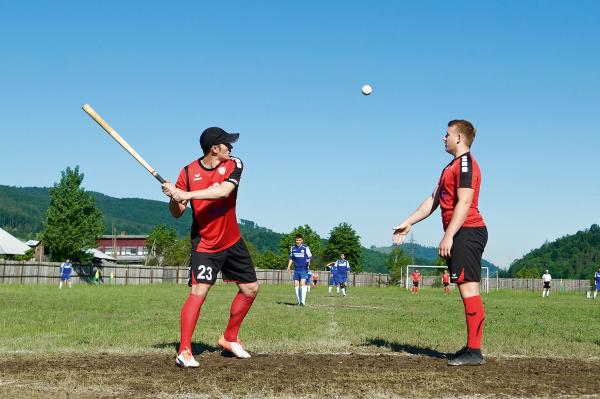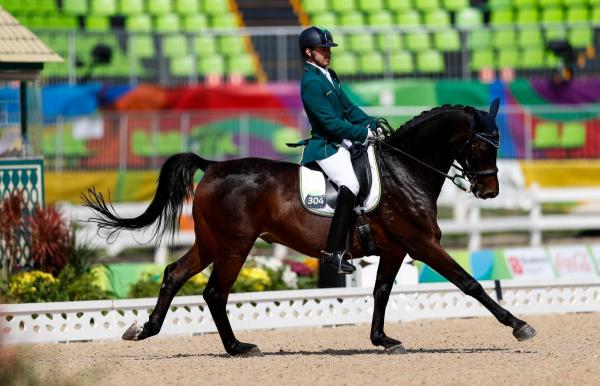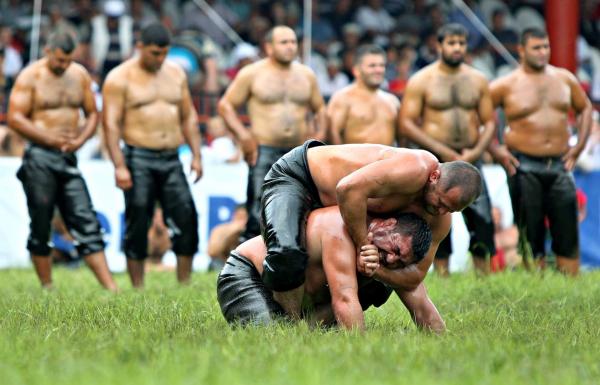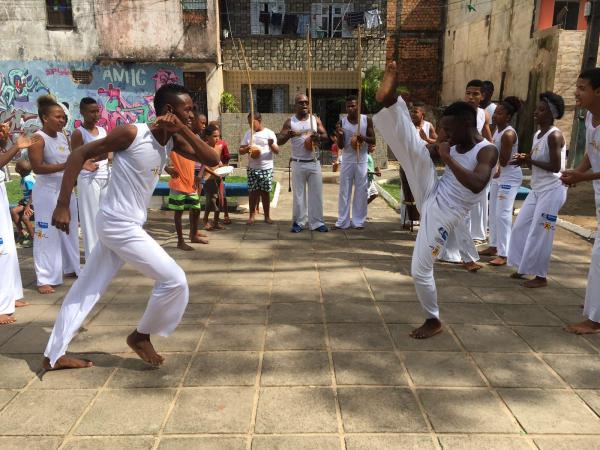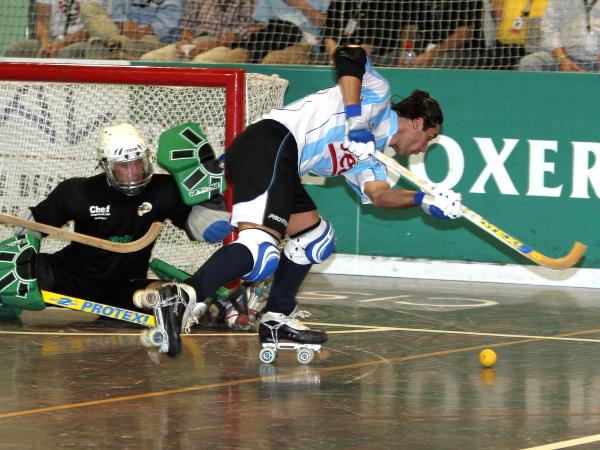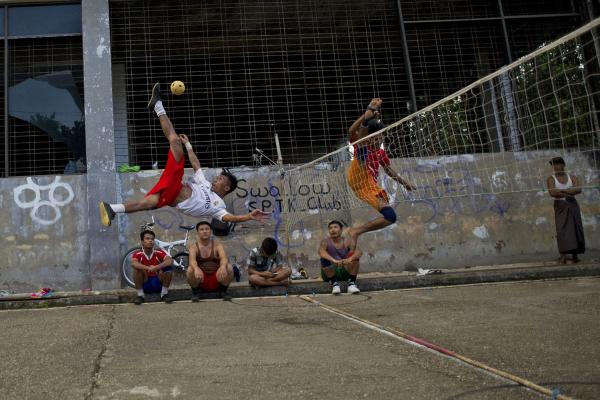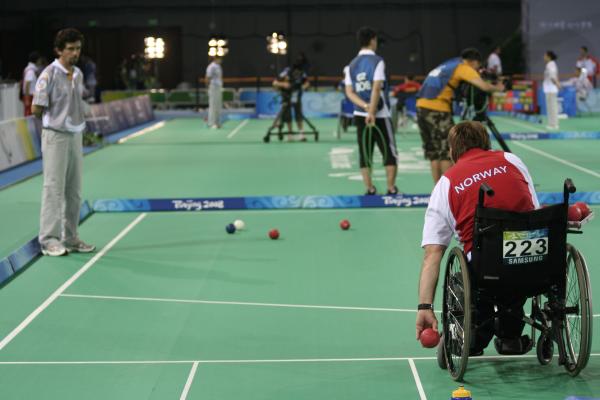Basque Pelota
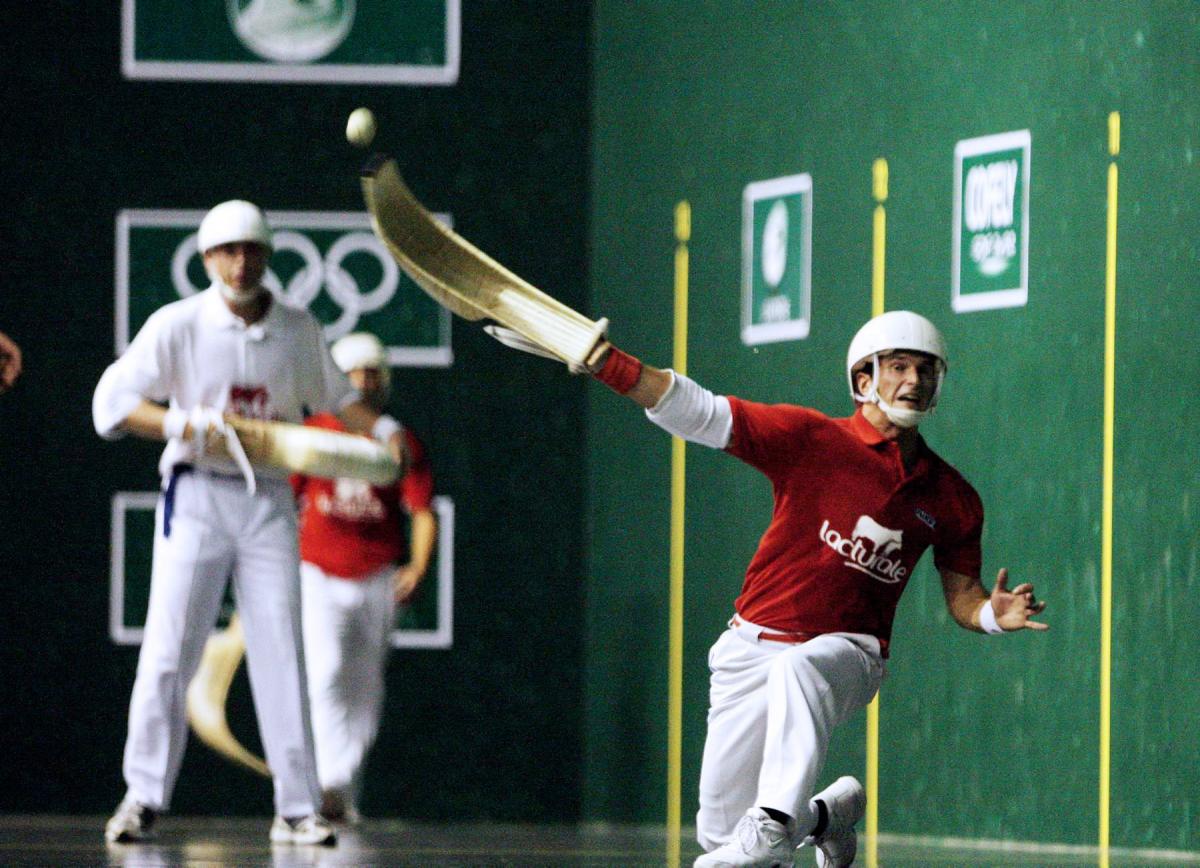
Basque pelota (pilota in the original Basque language also pelota vasca in Spanish, pelote basque in French) is the name for a variety of court sports played with a ball using one's hand, a racket, a wooden bat or a basket, against a wall (frontis or Fronton) or, more traditionally, with two teams face to face separated by a line on the ground or a net. The roots of this class of games can be traced to the Greek and other ancient cultures. The term pelota probably comes from the Vulgar Latin term pilotta (ball game). It is a diminutive form of the word pila which may relate to a hard linen or leather ball filled with pilus (fur or hair) or to the Latin words for strike or spade and is related to the English word pellet. Today, Basque pelota is played in several countries. In Europe, this sport is concentrated in Spain and France, especially in the Basque Country. The sport is also played in Latin American countries such as Argentina, Chile, Uruguay, and Cuba. Operated as a gaming enterprise called Jai Alai, it is seen in parts of the U.S. such as Florida, Connecticut, Nevada, and Rhode Island. In Valencia, Valencian pilota is considered the national sport; it is also played in Belgium, North of Italy, Mexico, and Argentina. Since its creation, the International Federation of Basque Pelota has standardised the different varieties into four modalities and fourteen disciplines, with fixed ball weights, rules and court sizes. The four modalities—30 metres (33 yd) wall, 36 metres (39 yd) wall, 54 metres (59 yd) wall and trinquete—admit fourteen disciplines, depending the use of bare hand, leather ball, rubber ball, paleta (pelota paleta), racket (frontennis) and xare. Two of the fourteen disciplines are played by both men and women (frontenis and rubber pelota in trinquete); the other twelve are played only by men. This allows championship play at the international level, and allows the participation of players and teams from around the world using the same rules. There is, however, criticism about this, since purists might argue that some of the original traits of each particular modality could be lost.





